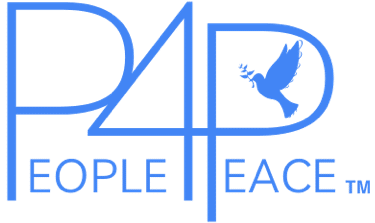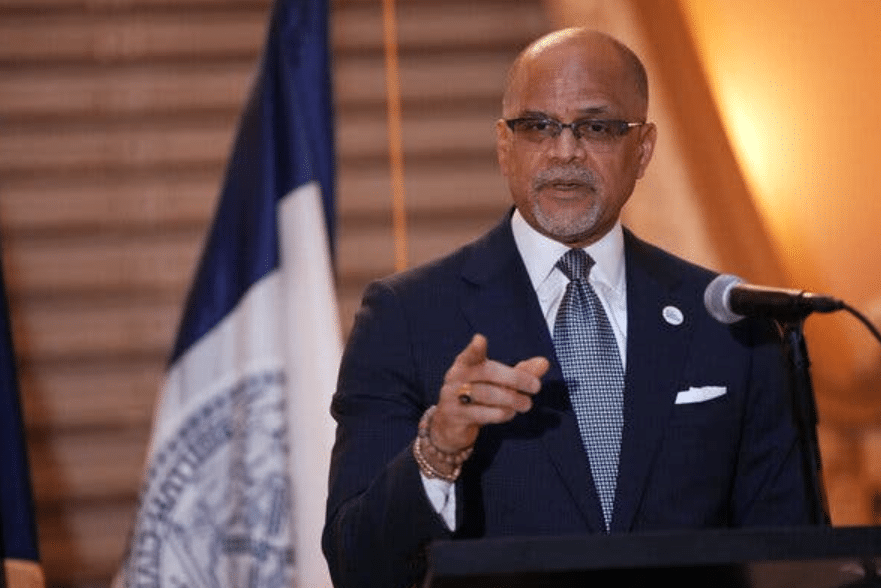New York City will offer new curriculum materials on antisemitism and Islamophobia in its public schools and train principals and teachers on how to have difficult conversations about politically charged issues, officials said on Monday in response to criticism that the system has done too little to address the Israel-Hamas war.
In higher education, colleges like Harvard University and the University of Pennsylvania have faced a backlash over their responses to the war. A speech announcing the new effort by the city’s schools chancellor, David C. Banks, illustrated how difficult it has been for K-12 leaders to stay out of the fray.
“The way through this moment is not to malign our students or to impose our own ideologies on them — or to bury our heads in the sand,” Mr. Banks said on Monday. “We must educate our students, and sometimes our staff.”
He added: “We cannot and will not have schools where students feel like they can do whatever they want without accountability for their actions.”
[The New York Times Report continues]
After the episode at Hillcrest in November, in which hundreds of students filled the halls during a protest against the teacher, who had posted support for Israel on social media, Mr. Banks had condemned the disorder as unacceptable. But he also called for understanding that many students had been exposed to painful images of the war on TikTok and other social media platforms.
Several groups of Jewish families and educators criticized his response.
“The riot at Hillcrest did not occur in a vacuum,” Karen Feldman, a social studies teacher in Manhattan, said at a rally of frustrated parents and educators soon after the Hillcrest protest. “What event will be dangerous, harmful, hurtful enough to demonstrate a strong commitment to change the anti-Jewish climate?”
Officials said on Monday that a new principal had been named at Hillcrest in the wake of the incident and was “charting a productive path forward.” Several teachers — including the one who was targeted — had recommended him, officials said.
Mr. Banks said that school staff members would also be retrained on the system’s discipline policies, after hearing that some principals have felt “disempowered” to impose punishment. He also acknowledged that “we cannot leave it to social media” to teach students.
Across the city’s public schools, Muslim and Arab American educators have sought more support from officials as civilian deaths in Gaza mount.
The New York Civil Liberties Union wrote in a letter to Mr. Banks last month that it had also received several reports from students who have faced “bullying, harassment, and disciplinary sanctions” after making pro-Palestinian statements.
The organization said it was concerned that the chancellor’s own messages on the war — including an email warning to teachers on rules for political speech ahead of a local rally for a cease-fire — could create “a chilling effect on both students and teachers’ expressive rights in support of Palestine, or even questioning the actions of the Israeli government.”
Mr. Banks said in his speech that the system would aim to better distinguish between respectful “disagreement — and hate.”
Liset Cruz contributed reporting.

